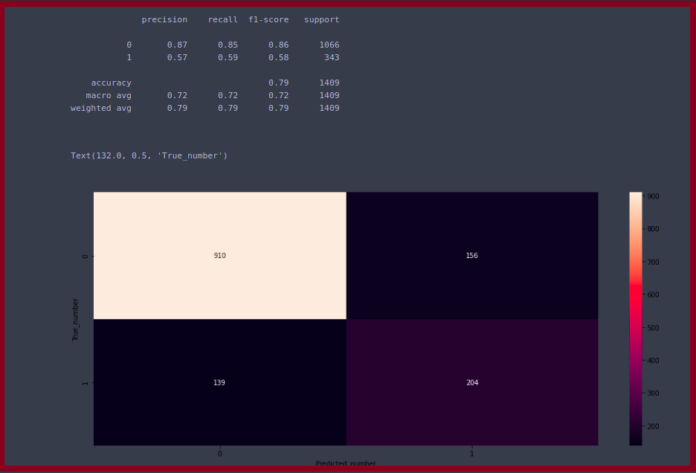The ReflectionMethod::export() function is an inbuilt function in PHP which is used to return the export as a string if the return parameter has been set to TRUE, otherwise NULL is returned. Syntax:
string ReflectionMethod::export ( $class, $name, $return )
Parameters: This function accepts three parameters as mentioned above and described below:
- class: This is the name of the initialized class.
- name: This is the name of the method.
- return: It’s value is either TRUE or FALSE. Using TRUE will return the export whereas using FALSE will do the opposite.
Return Value: This function returns the export as a string if the return parameter has been set to TRUE, otherwise NULL is returned. Below programs illustrate the ReflectionMethod::export() function in PHP: Program_1:
php
<?php// Initializing a user-defined classclass Company { protected function neveropen($name) { return 'GFG' . $name; }}// Using ReflectionMethod() over the class Company$A = new ReflectionMethod(new Company(), 'neveropen');// Calling the export() function$B = $A->export( 'Company', 'neveropen', $return = TRUE );// Getting the export as a string if the // return parameter has been set to TRUE, // otherwise NULL is returned.var_dump($B);?> |
Output:
string(171) "Method [ <user> protected method neveropen ] {
@@ /home/cd1a603457d3beda20350155354b4363.php 6 - 8
- Parameters [1] {
Parameter #0 [ <required> $name ]
}
}
"
Program_2:
php
<?php// Initializing some user-defined classesclass Department1 { protected function HR($name) { return 'hr' . $name; }}class Department2 { protected function Coding($name) { return 'coding' . $name; }}class Department3 { protected function Marketing($name) { return 'marketing' . $name; }}// Using ReflectionMethod() over the above classes$A = new ReflectionMethod(new Department1(), 'HR');$B = new ReflectionMethod(new Department2(), 'Coding');$C = new ReflectionMethod(new Department3(), 'Marketing');// Calling the export() function and // Getting the export as a string if the // return parameter has been set to TRUE, // otherwise NULL is returned.var_dump($A->export( 'Department1', 'HR', $return = TRUE ));var_dump($B->export( 'Department2', 'Coding', $return = FALSE ));var_dump($C->export( 'Department3', 'Marketing', $return = FALSE ));?> |
Output:
string(160) "Method [ <user> protected method HR ] {
@@ /home/b1fa43e2f382f32d60abd4370db4a4f6.php 6 - 8
- Parameters [1] {
Parameter #0 [ <required> $name ]
}
}
"
Method [ <user> protected method Coding ] {
@@ /home/b1fa43e2f382f32d60abd4370db4a4f6.php 12 - 14
- Parameters [1] {
Parameter #0 [ <required> $name ]
}
}
NULL
Method [ <user> protected method Marketing ] {
@@ /home/b1fa43e2f382f32d60abd4370db4a4f6.php 18 - 20
- Parameters [1] {
Parameter #0 [ <required> $name ]
}
}
NULL
Reference: https://www.php.net/manual/en/reflectionmethod.export.php

